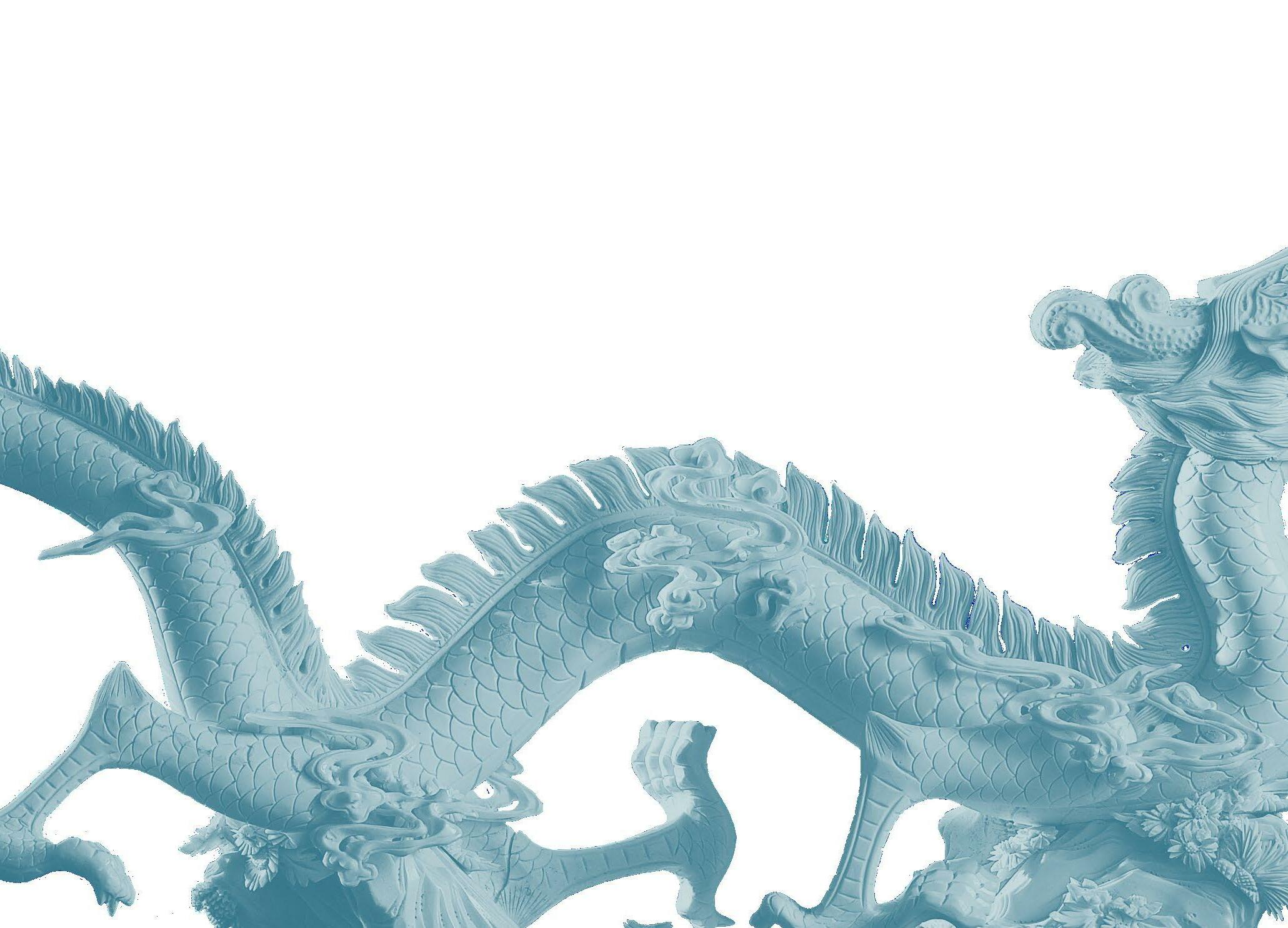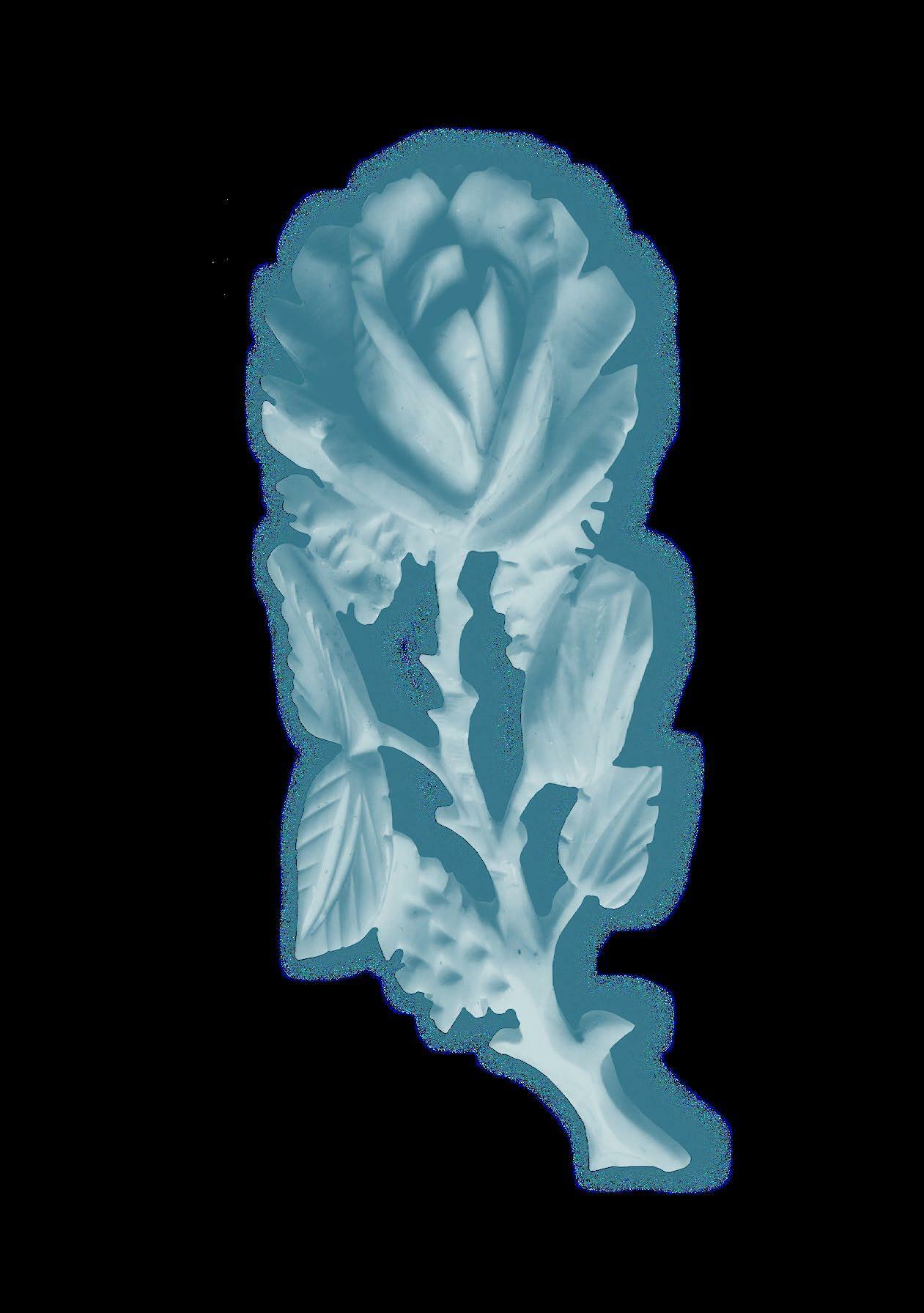
2 minute read
Corruption
02 CORRUPTION
Corruption is one of the main enablers for criminals involved in wildlife trafficking across the supply chain, and it is one of the biggest obstacles to effective law enforcement. Corruption frequently occurs in the process of applying for licences, permits, or other documents, or at border control or other inspection points where officials may be influenced or bribed to become complicit or “turn a blind eye” to illegal activities. Corrupt support can also extend to warnings about police activity, payments for protecting or not prosecuting traffickers, selling back seized goods, or in the private sector, such as bribing individuals or businesses associated with the trade of bulk products to facilitate illegal activities.
Advertisement
In addition to the use of concealment methods, the Chen OCG relied heavily on bribing officials and used freight forwarding agencies with corrupt connections at Customs to enable the passage of their shipments. The ASB investigation found evidence of payments made to corrupt officials through both bank transfers and cash payments.
Cong Huajun was a branch-level manager in charge of logistics at Yantai Customs, and it was reported that he had worked for Malaysian businessman Chua Siew Tuang since 2012 clearing his timber shipments and charging high customs clearance fees. Cong Huajun partnered with Zhang Chao, who owned both the Yantai Chaoshun and Yantai Shunyou freight forwarding agencies, and also conspired with Liu Tao who was a shareholder in the Yantai Tianhong International Freight Forwarding Company, to assist with customs clearance and transportation. Liu Tao had worked in the import/export business for many years and was responsible for the declaration and transportation of products for Chua Siew Tuang. According to the ASB investigation, Cong Huajun had colluded to import 25 batches of products for Chua Siew Tuang, for which he used his personal bank account to receive the reimbursements, then gave half of it in cash to Liu Tao for his share of the payment for customs clearance and domestic transportation.
Although Cong Huajun was the only customs officer arrested in this global trafficking network, it is highly likely there were additional officers in Nigeria, Singapore, South Korea, and possibly Hong Kong SAR, who were used to facilitate the transportation of shipments along the trafficking route.
Key finding 2
Corrupt customs officers and freight forwarding agencies played an important role in the transportation of illegal wildlife products across the supply chain.









